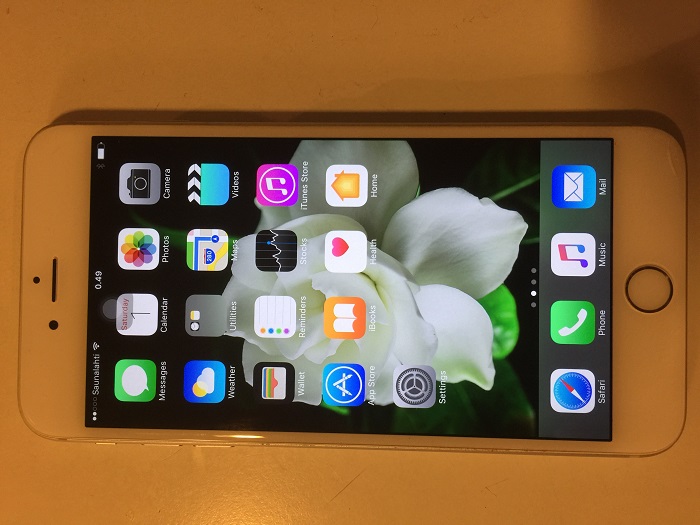Smartphone app under development for detecting concussion, brain injuries
Published : 18 Sep 2017, 00:14
Researchers at the University of Washington (UW) are developing the first smartphone application, or app, that is capable of detecting concussion and other traumatic brain injuries in the field.
The app, known as PupilScreen, can detect changes in a pupil's response to light using a smartphone's video camera and deep learning tools - a type of artificial intelligence - that can quantify changes imperceptible to the human eye.
As described in a paper presented this week at Ubicomp 2017, PupilScreen can assess a patient's pupillary light reflex almost as well as a pupilometer, an expensive and rarely used machine found only in hospitals.
It uses the smartphone's flash to stimulate the patient's eyes and the video camera to record a three-second video.
The video is processed using algorithms that can determine which pixels belong to the pupil in each video frame and measure the changes in pupil size across those frames.
In a small pilot study that combined 48 results from patients with traumatic brain injury and from healthy people, clinicians were able to diagnose the brain injuries with almost perfect accuracy using the app's output alone.
The U.S. Centers for Disease Control and Prevention (CDC) estimates about half of the 3.8 million concussions per year in the United States from recreational sports injuries alone still go undiagnosed, putting millions of young players and adults at risk for permanent cognitive deficits.
A broader clinical study later this year will put PupilScreen in the hands of coaches, emergency medical technicians, doctors and others to gather more data on which pupillary response characteristics are most helpful in determining ambiguous cases of concussion.
And the team of UW computer scientists, electrical engineers and medical researchers hope to release a commercially available version of PupilScreen within two years.
"Having an objective measure that a coach or parent or anyone on the sidelines of a game could use to screen for concussion would truly be a game-changer," Shwetak Patel, a professor of Computer Science & Engineering and of Electrical Engineering at the UW, said in a news release.


